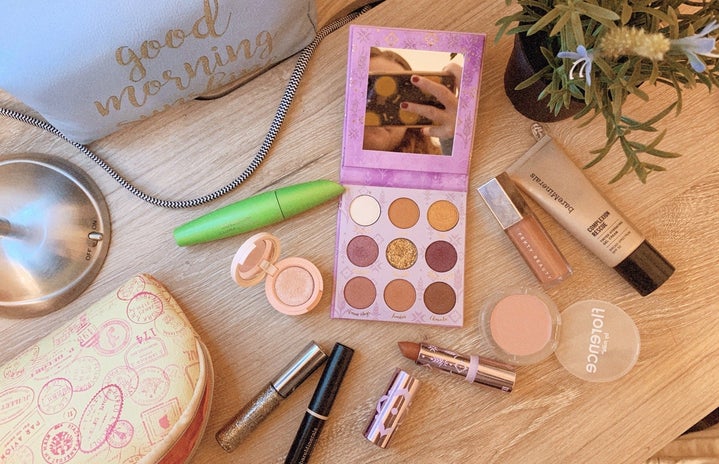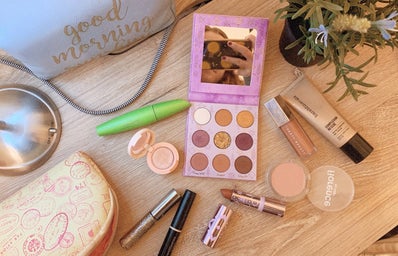Trends in beauty are always evolving, from how we style our hair to what body type is considered “ideal”. Most of us try to keep up with the pace of these trends and adapt them to our liking. However, some of these trends go to extremes, causing people to spend thousands of dollars to permanently change a part of them to fit in with our society today. Some of these extreme body modifications can mirror racist acts from the past, intentionally or unintentionally.
Blackface and blackfishing are examples of this, with the latter oftentimes recalling memories of the former.
Blackfishing is a term that has been used lately. It’s used to describe anyone who pretends to be black or uses cosmetics to appear to be black on social media. These can include darkening your skin with makeup, using filters to appear racially ambiguous – or “light-skinned”- and wearing hairstyles often worn in the black community, such as big hair. Many perpetrators of blackfishing are usually white or those who are racially ambiguous.
Celebrities like Bhad Bhabie and Kim Kardashian have been constantly called out for using blackfishing to their advantage. Recently, these celebrities came under fire for darkening their skin in photos to the point where they are unrecognizable.
As many social media users confronted these celebrities about their unnaturally darker skin and blackfishing, fans of the celebrities quickly defended their actions, saying things like “they’re just naturally tan”. But what people often fail to realize is the privilege of using this practice to gain money and followers. Particularly because black people are oftentimes discouraged from wearing black hairstyles.
This practice is disgusting and frustrating in so many ways. It annoys me how my hairstyles that were once called “untidy” and “unprofessional” are praised when a woman who isn’t black wears them in a way that society deems as “acceptable” or a new trend. It’s shameful seeing black women being torn down by men who then praise blackfishers for their “features” which are common in black women.
It’s frustrating when women like me who have been oppressed for years because of their features see celebrities gaining fame and fortune for appropriating these features and styles. It’s as if society’s message is this: black is beautiful, black is amazing, and black is groundbreaking – unless you’re actually black.


